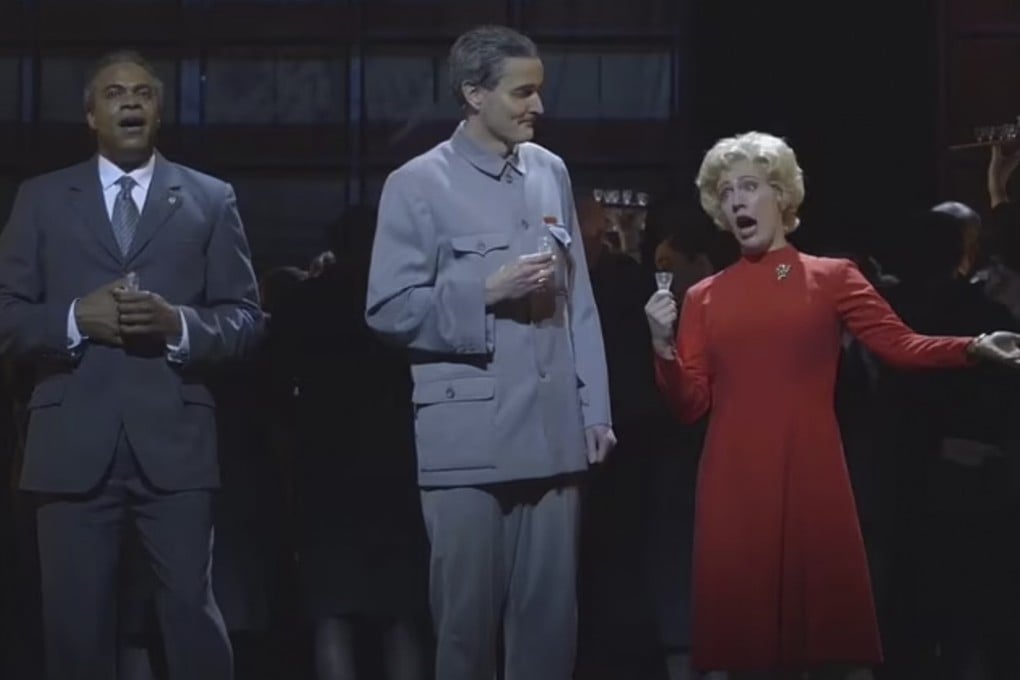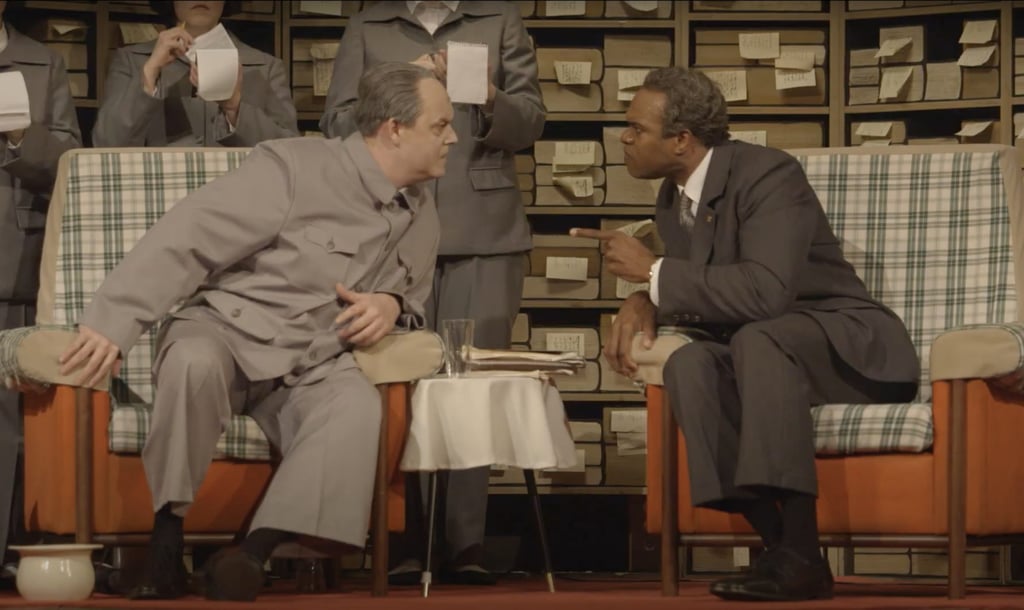White singers in make-up playing Chinese characters draw Scottish Opera into ‘yellowface’ controversy
- ‘Like blackface, yellowface is a degrading form of cultural appropriation,’ says Asian performers campaign group of UK opera company’s Nixon in China production
- Of six Chinese roles, four were filled by white singers. Amid the row over their use, the production’s nomination for an arts award was withdrawn

The use of yellowface make-up in opera has become the latest flashpoint in Britain’s debate over cultural stereotypes and racial equality in the arts, with critics of the practice calling for broader reforms so that the genre can better reflect diversity in society.
On June 11, Scottish Opera pulled its production of Nixon in China from the prestigious South Bank Sky Arts Awards, which recognises British achievements in the arts. News of the nomination had prompted complaints about the use of yellow make-up for white singers playing Chinese characters in the 2020 performances.
Ironically, its colour-blind casting of black American baritone Eric Greene as Nixon was widely praised at the time.

Sarah Owen, a Scottish Member of Parliament, tweeted about the lack of East and Southeast Asian representation in the production just before the opera house pulled out of the awards.